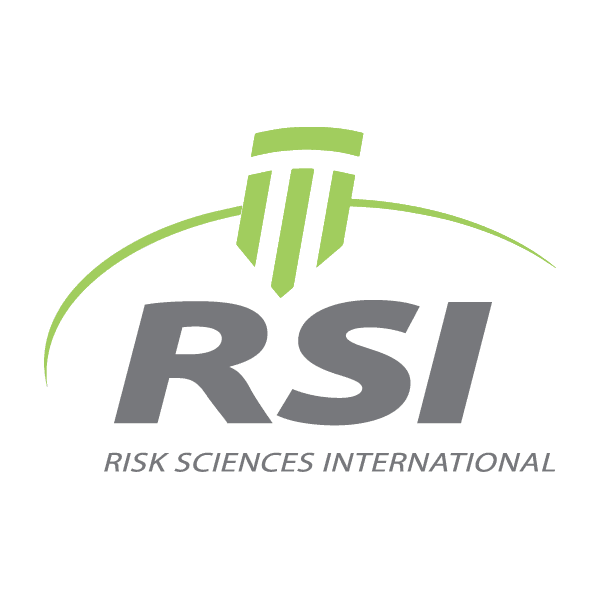Country foods — the traditional foods harvested, hunted, or fished by Indigenous and rural communities — are central to cultural identity, nutrition, and food security. They provide essential nutrients, support community resilience, and reinforce connections to land and heritage. However, these foods can also present risks due to environmental contamination, overharvesting pressures, or changing ecosystems driven by industrial activity and climate change.
The complexity lies in balancing cultural, nutritional, and ecological benefits with safety concerns. Communities may face exposure to contaminants such as mercury, persistent organic pollutants, or heavy metals, while also contending with food insecurity when access to country foods is diminished. Governments must carefully weigh risk management against the importance of preserving traditions and supporting self-determination. Scientific evidence, cultural knowledge, and community priorities must all converge in the decision-making process.
Risk sciences provide a bridge between evidence and action. Exposure assessments, dietary modeling, and health impact evaluations can help quantify risks while respecting cultural contexts. Equally important is the role of risk communication, which must be collaborative, culturally appropriate, and responsive to community concerns.
RSI is committed to working alongside communities and decision-makers on country foods, with the expertise and experience needed to support evidence-based, respectful, and practical solutions.

